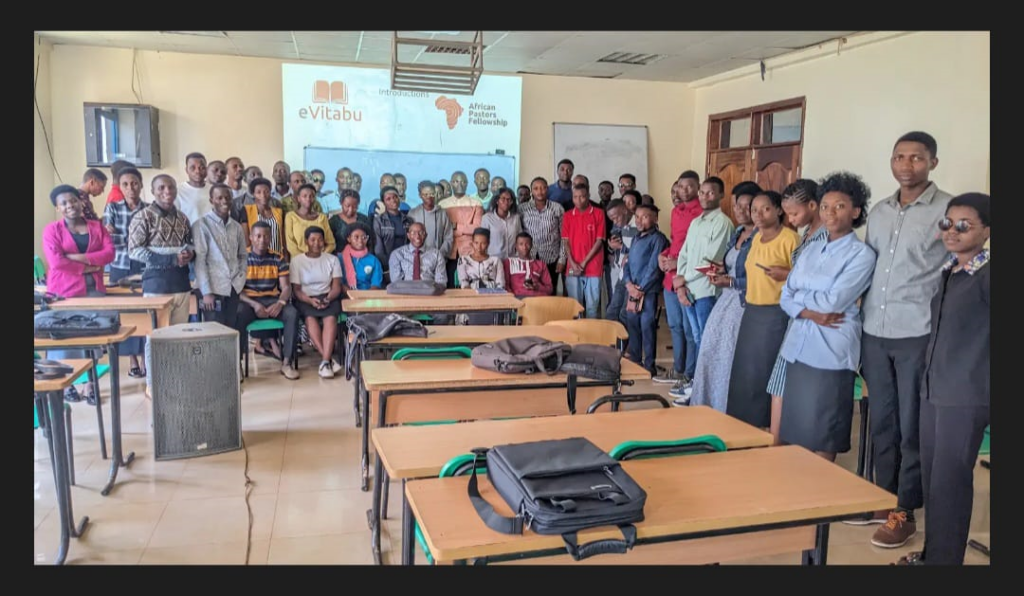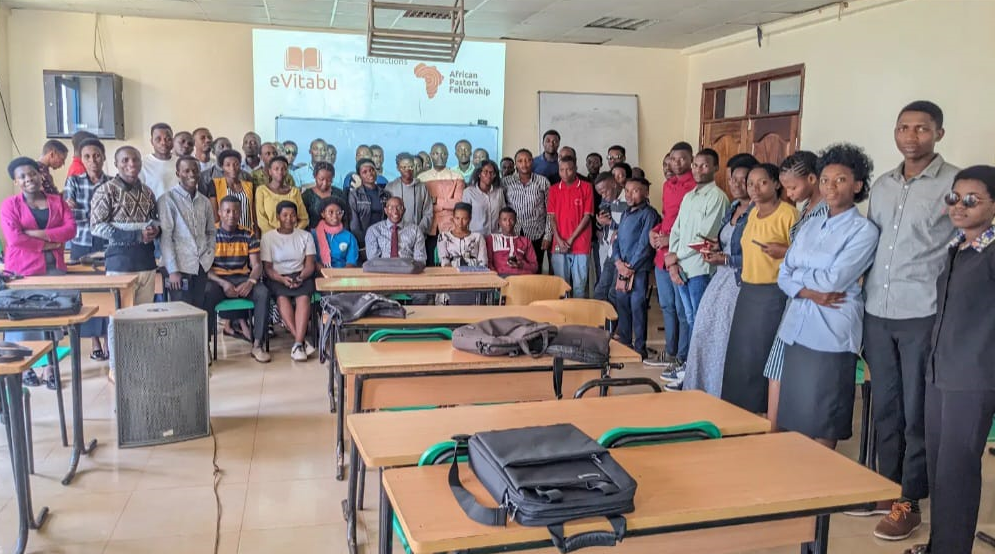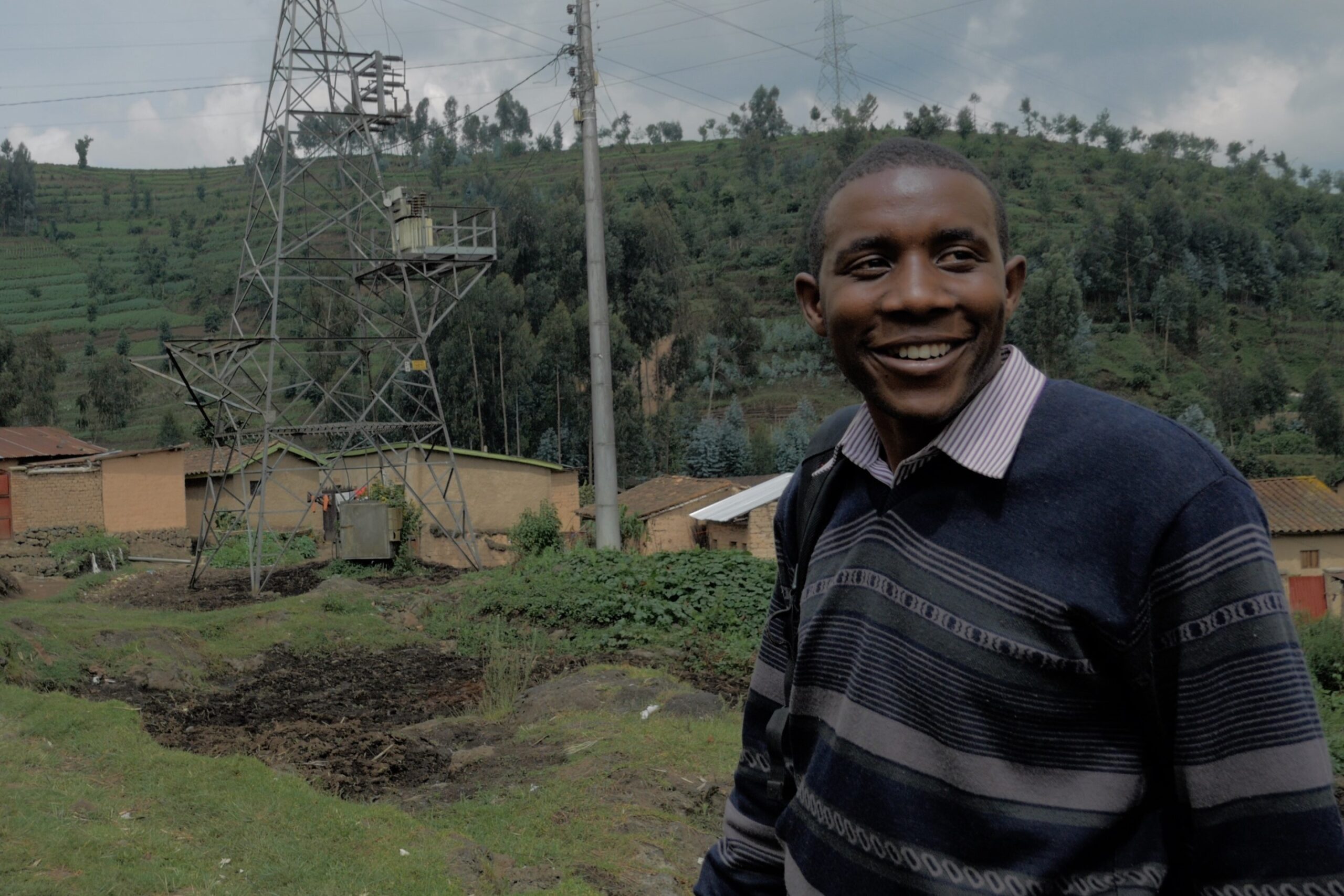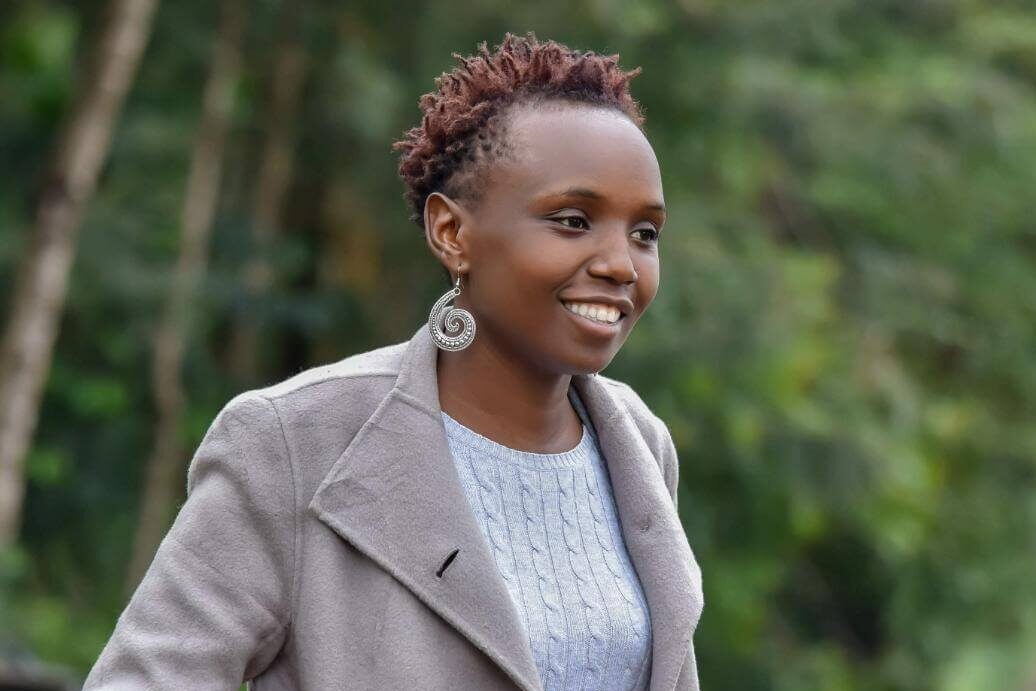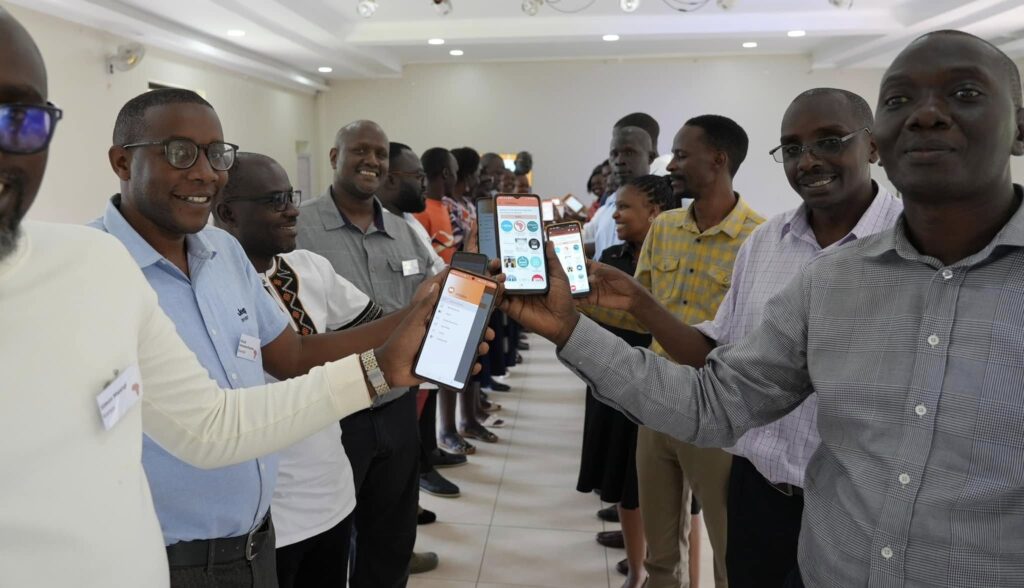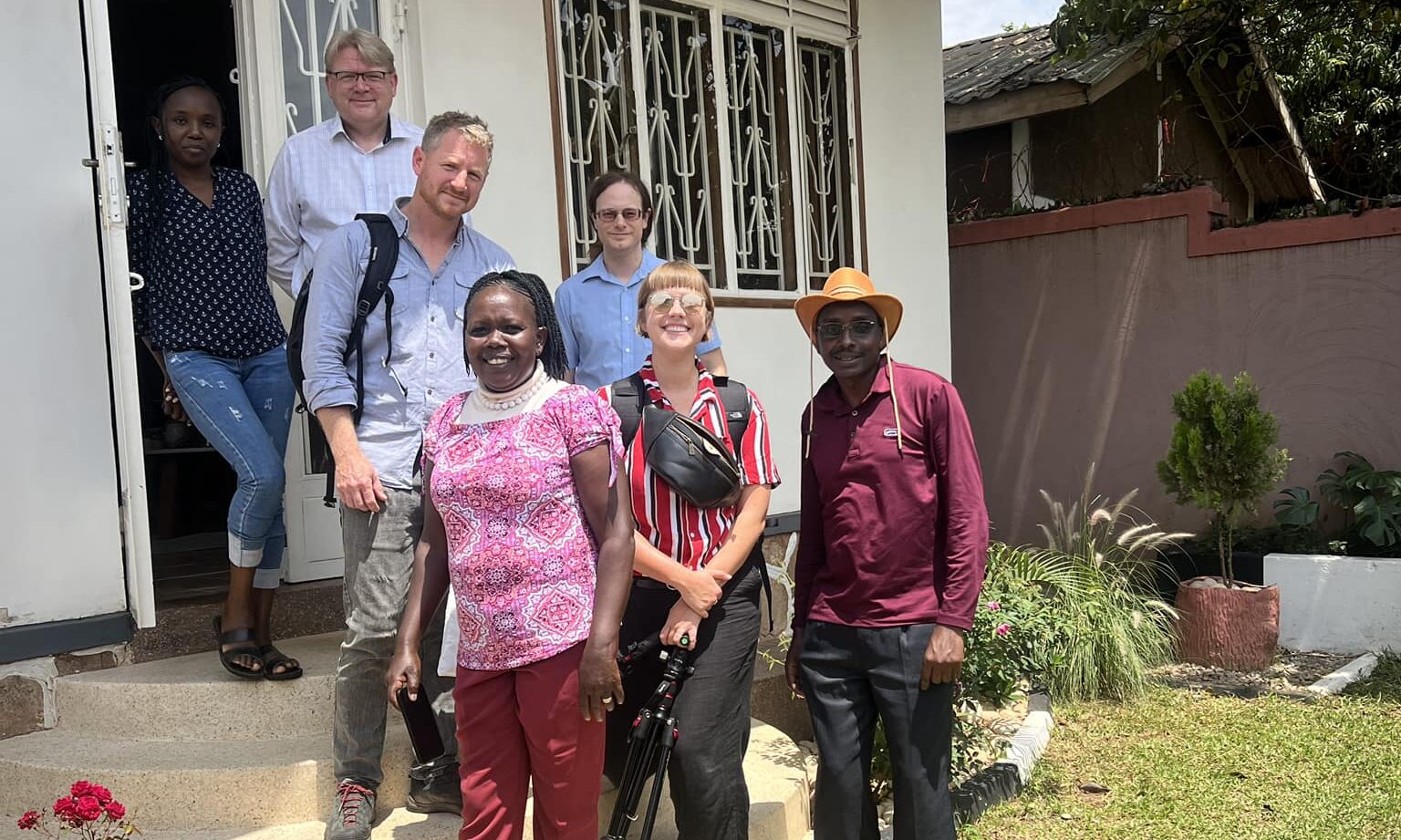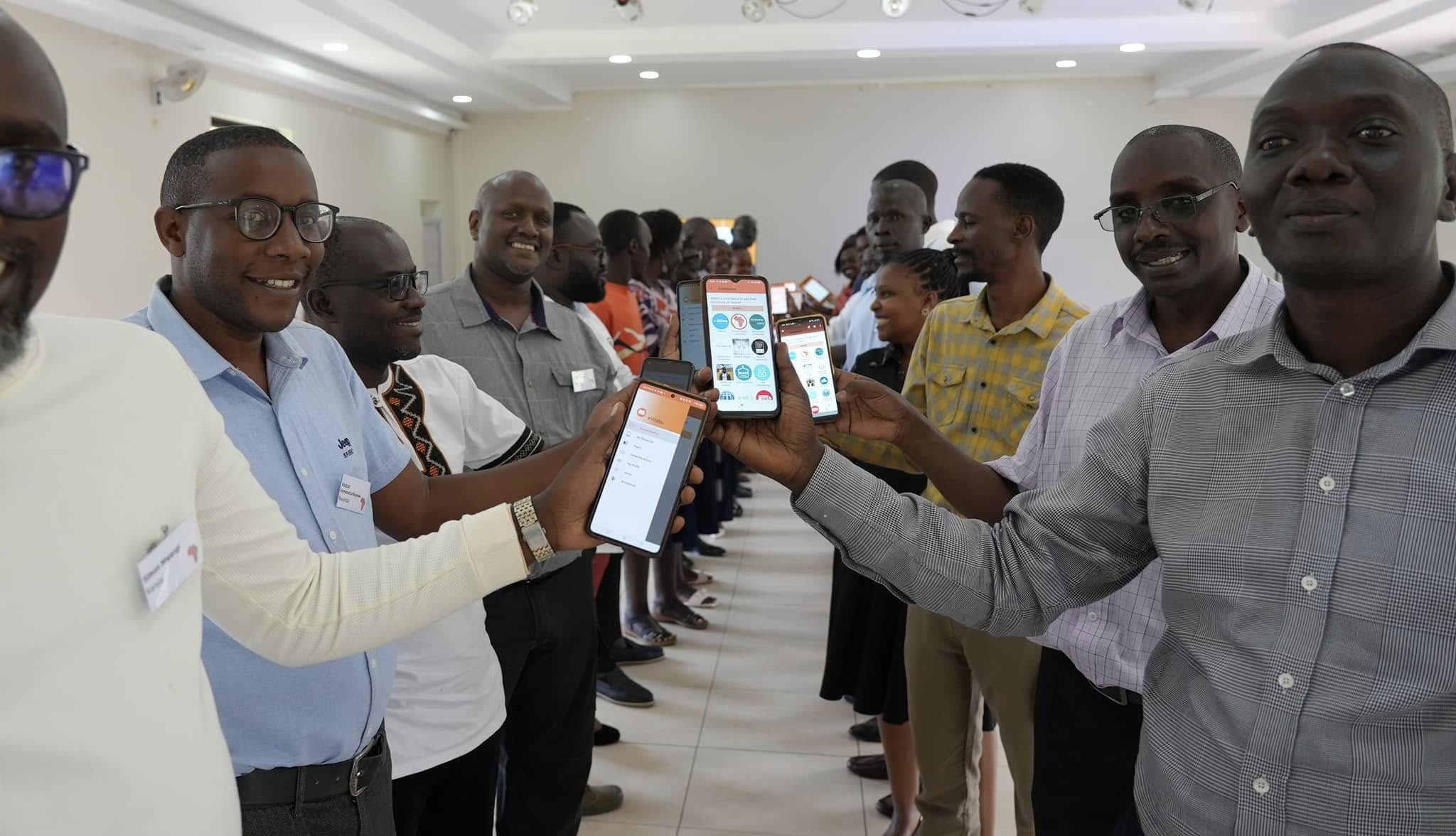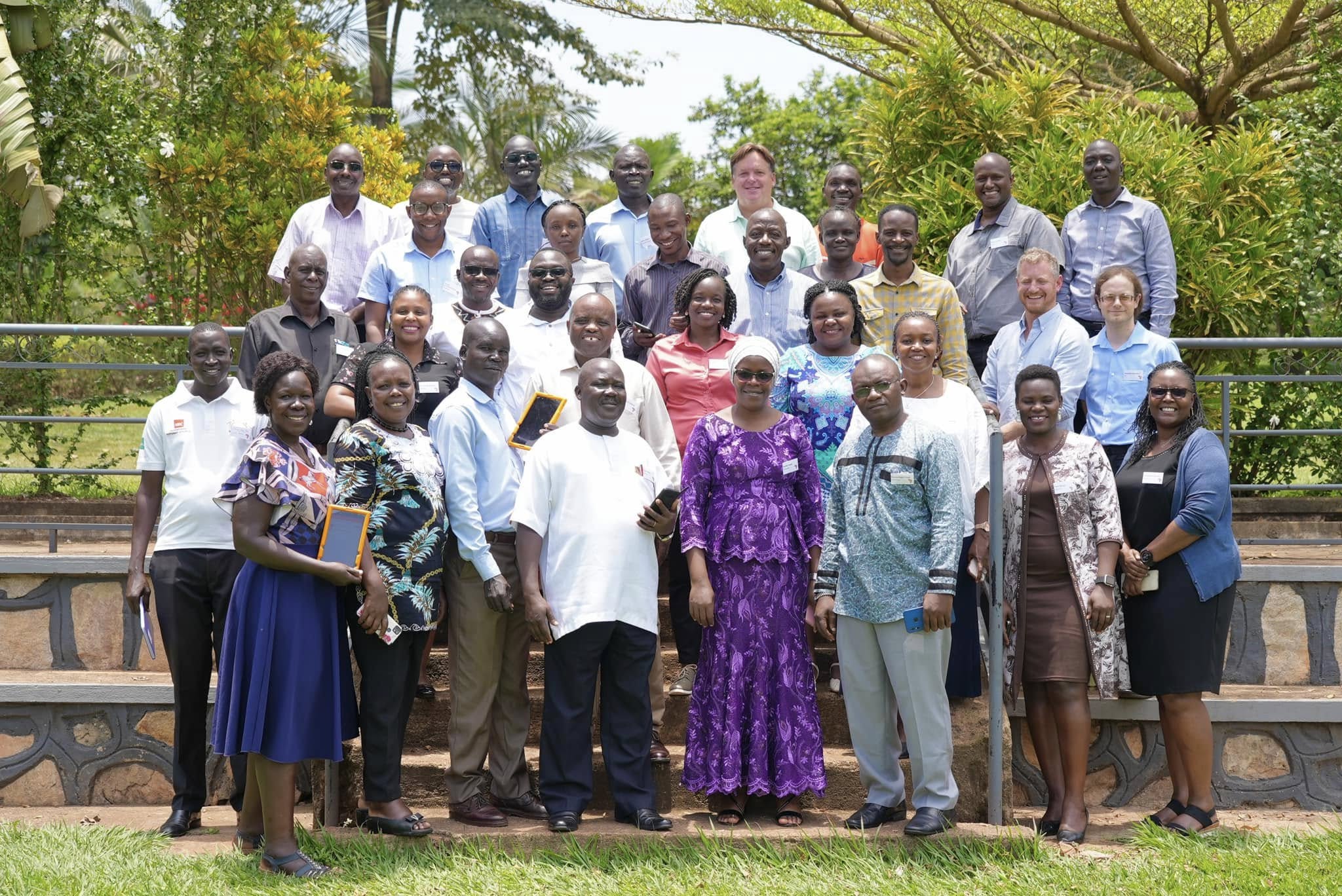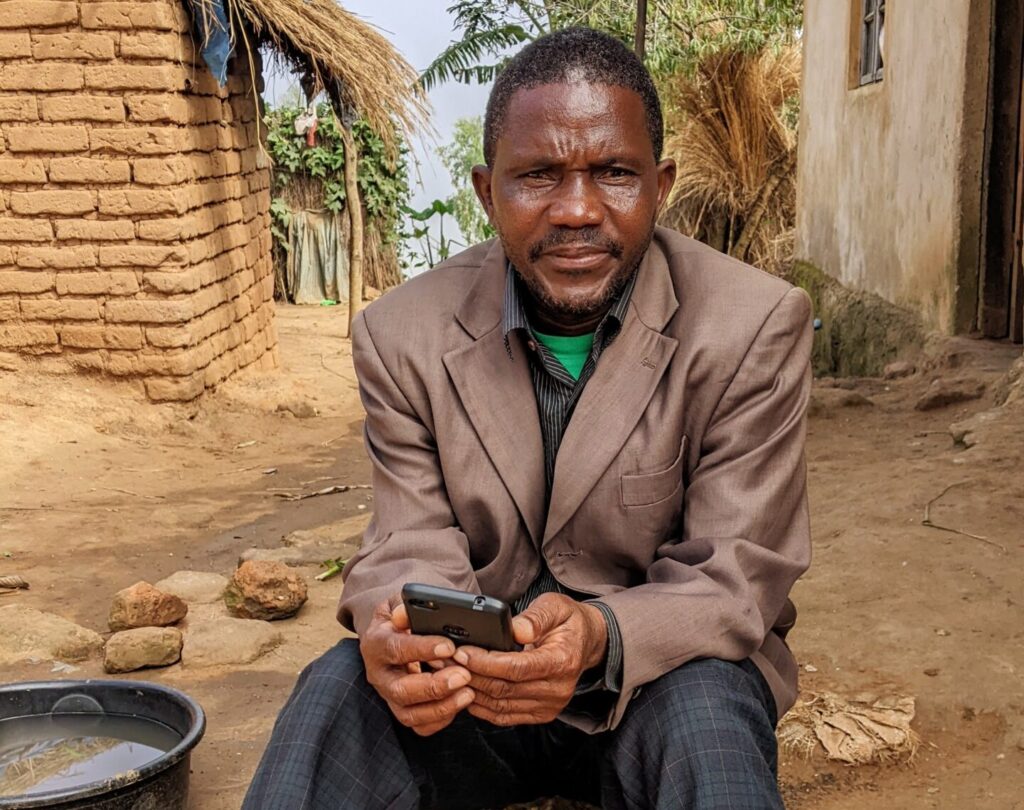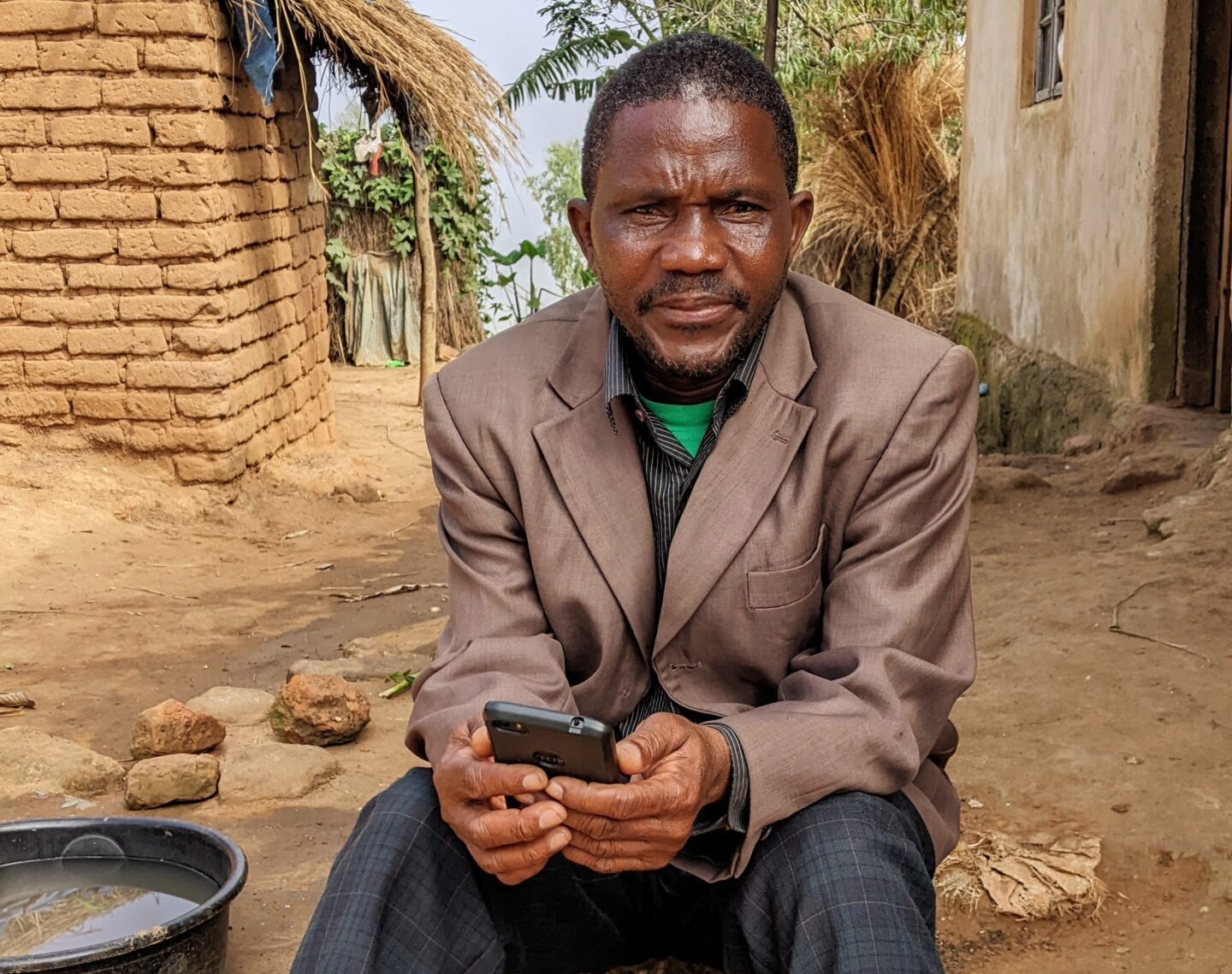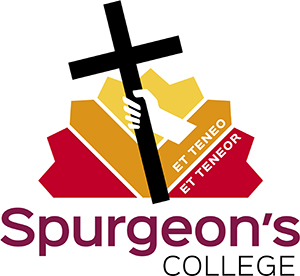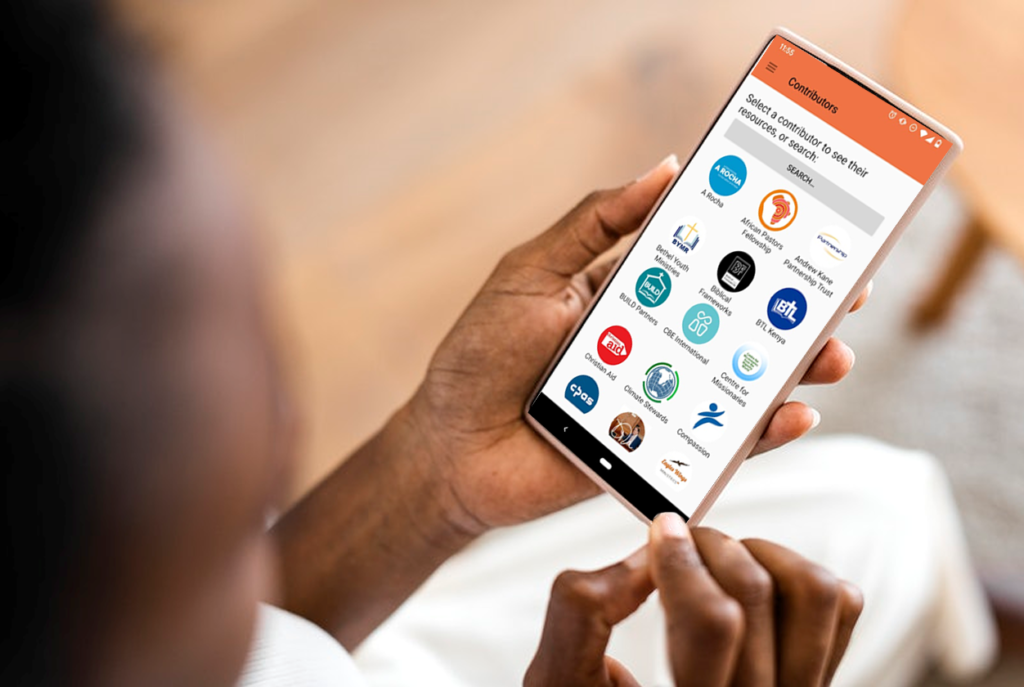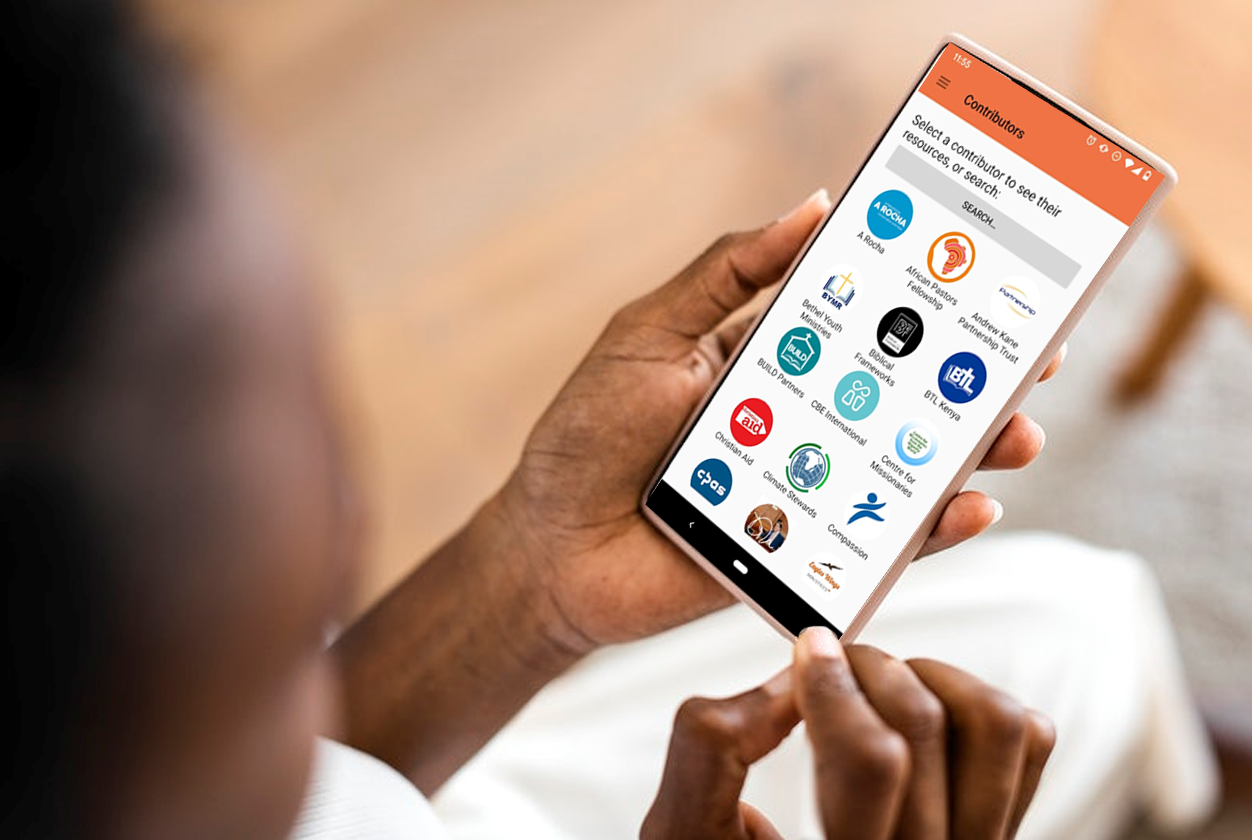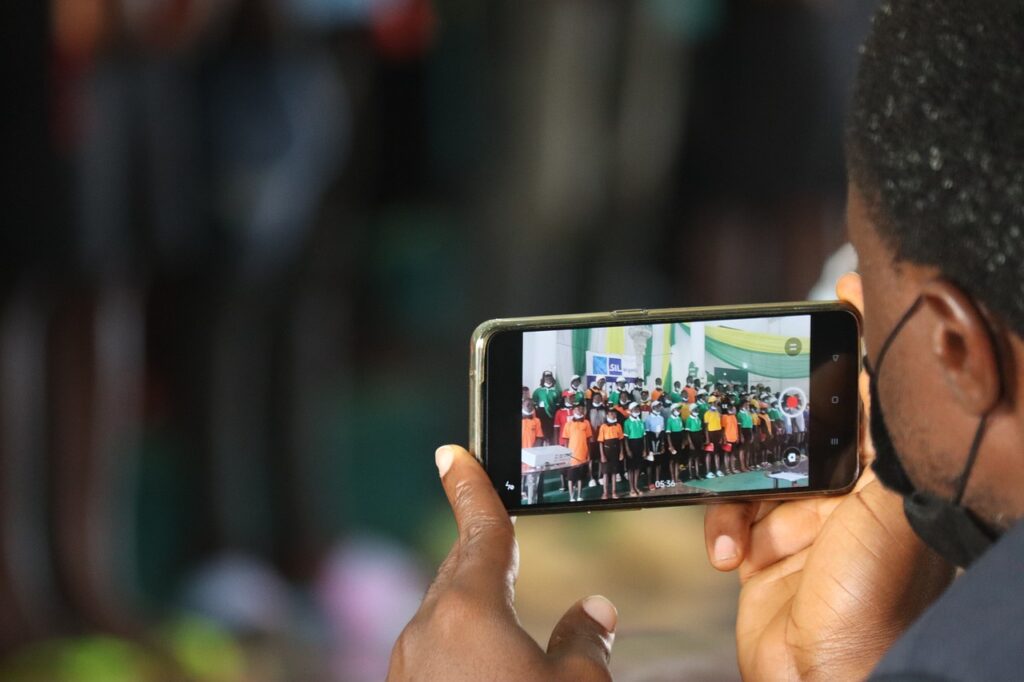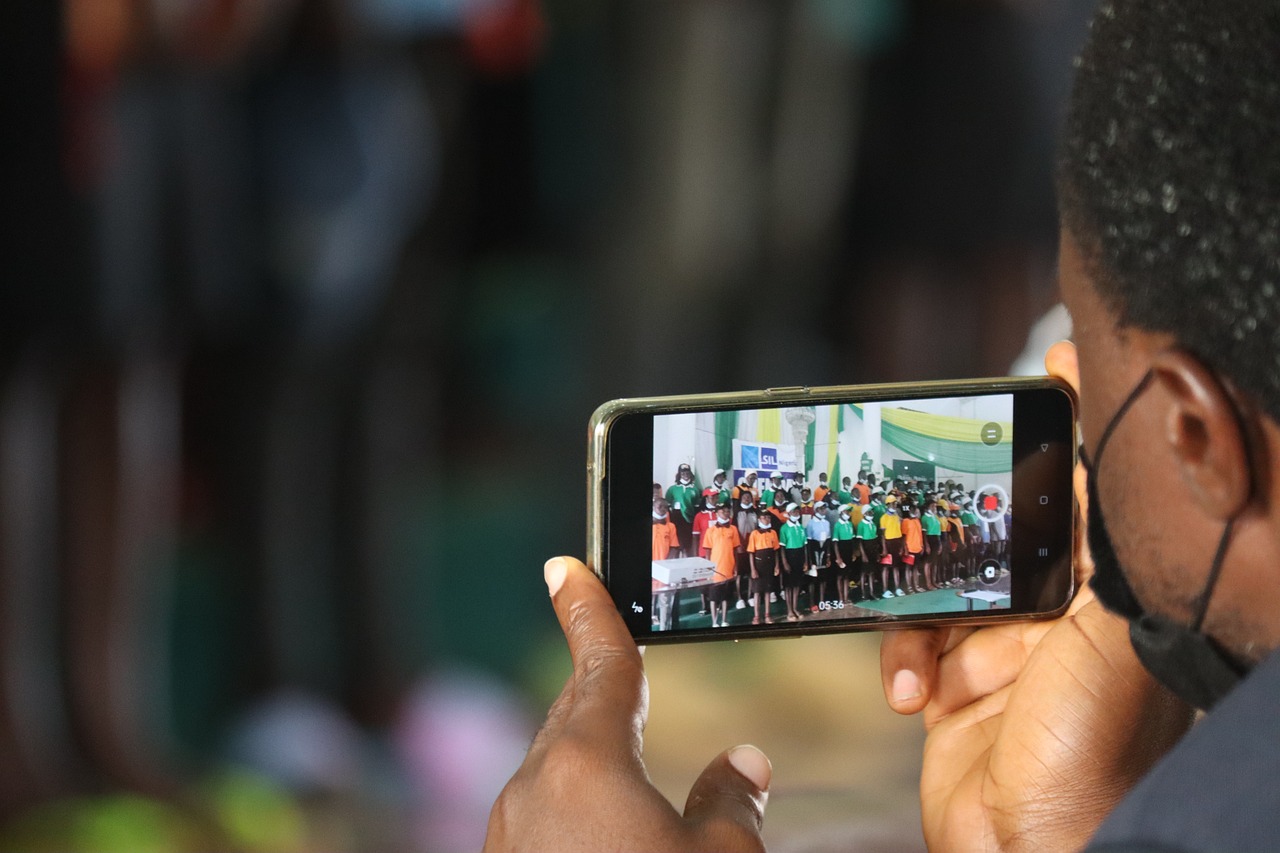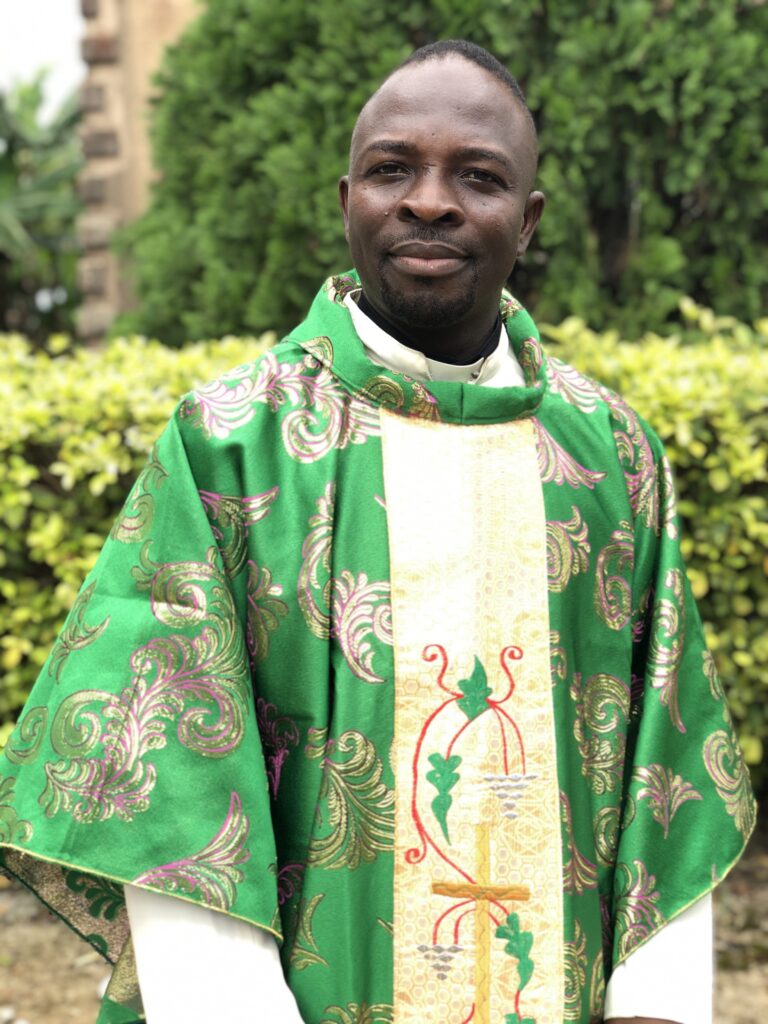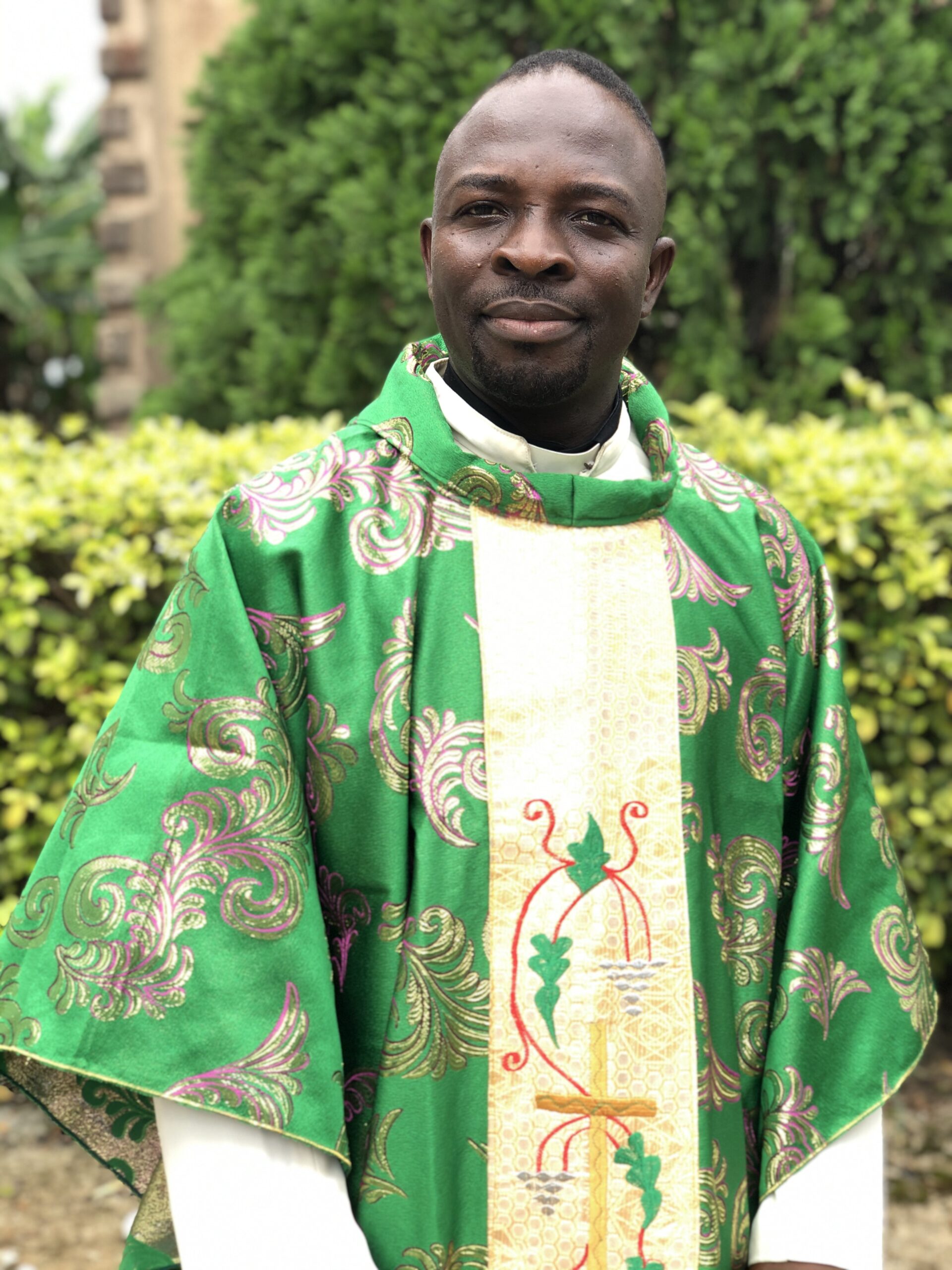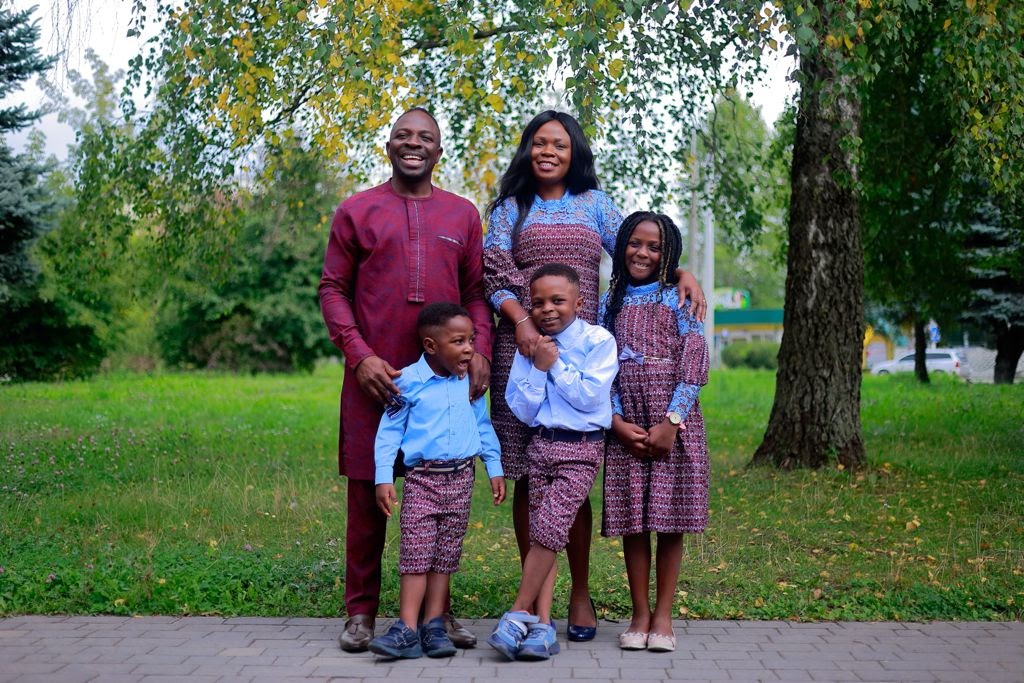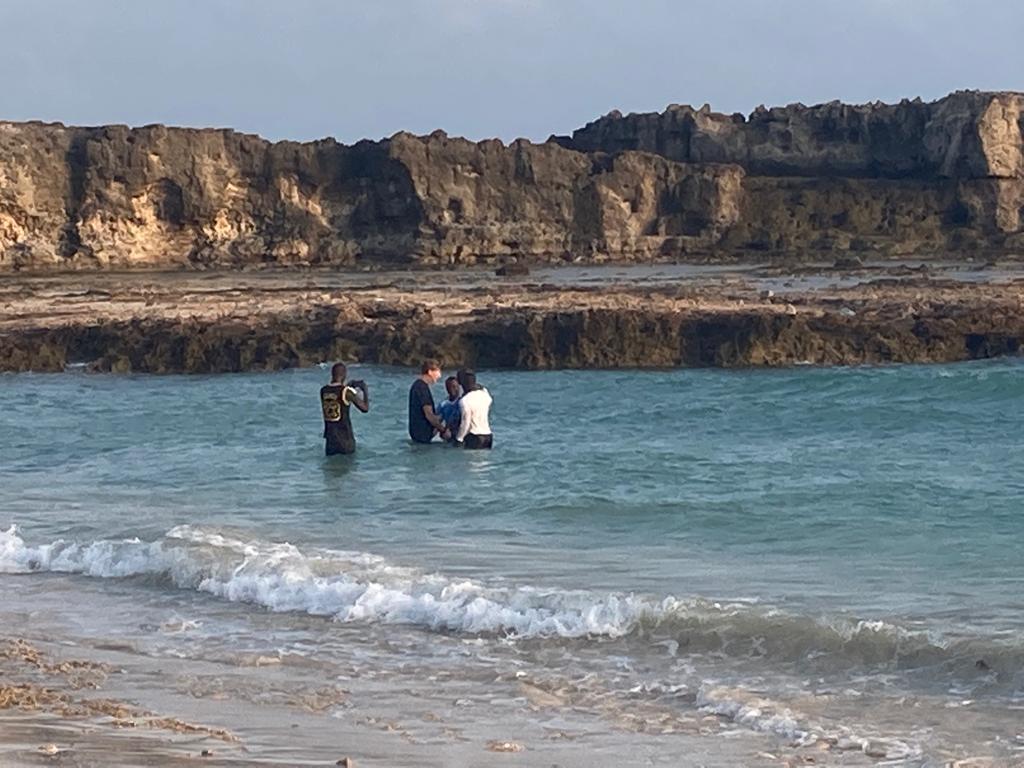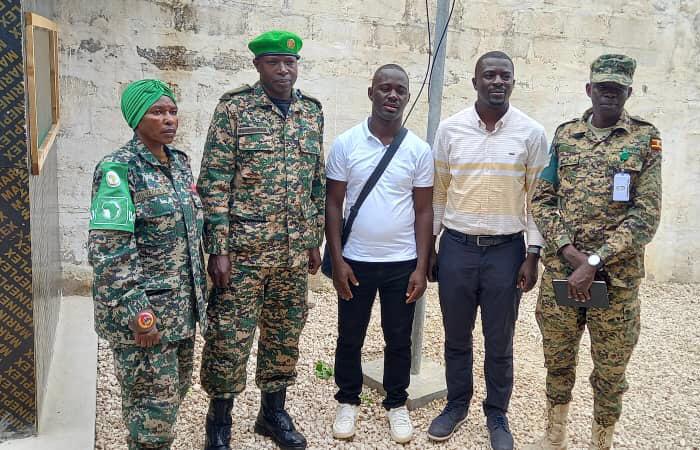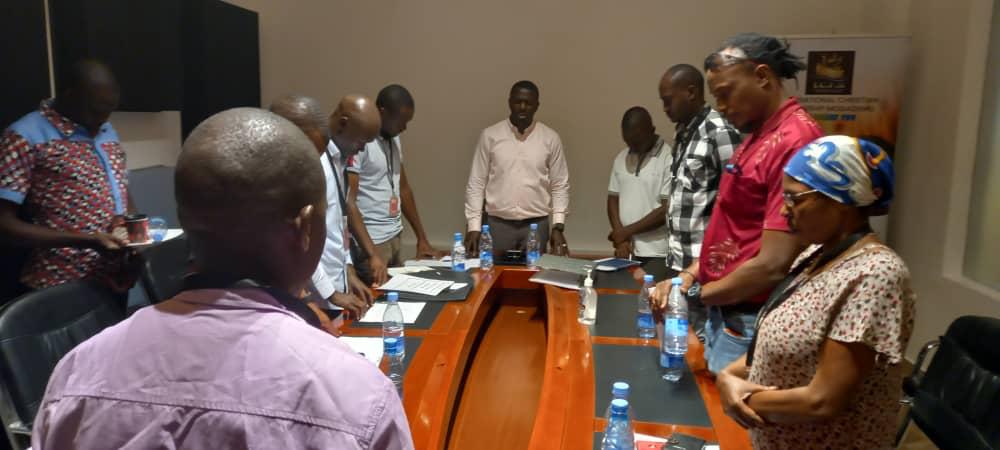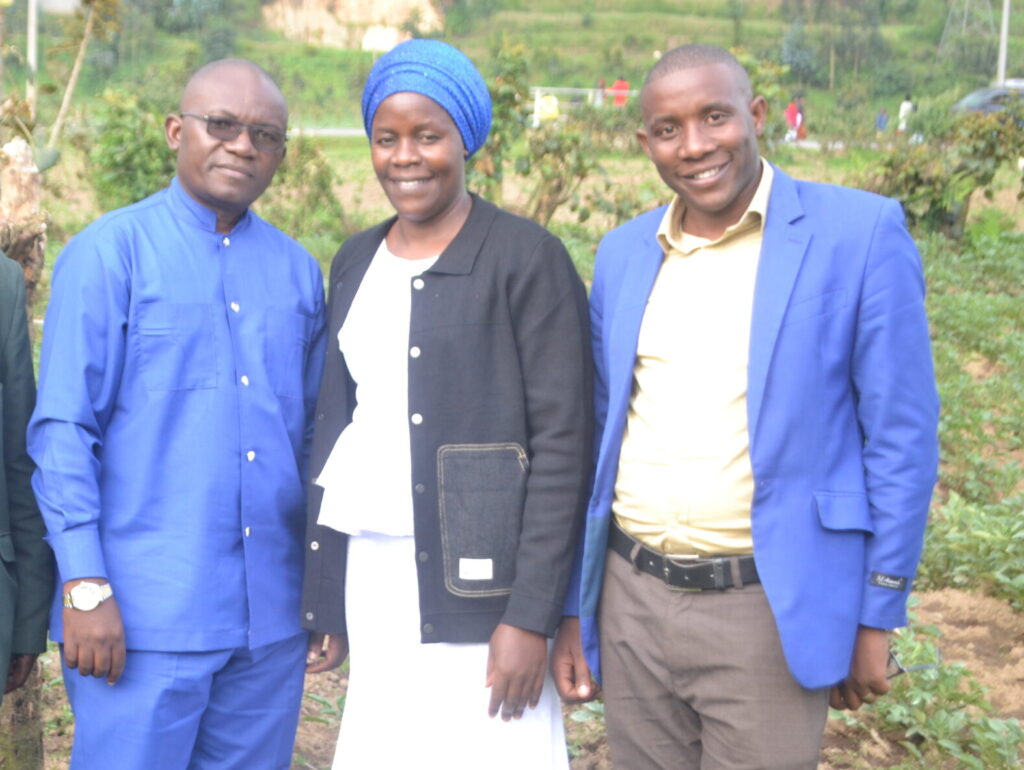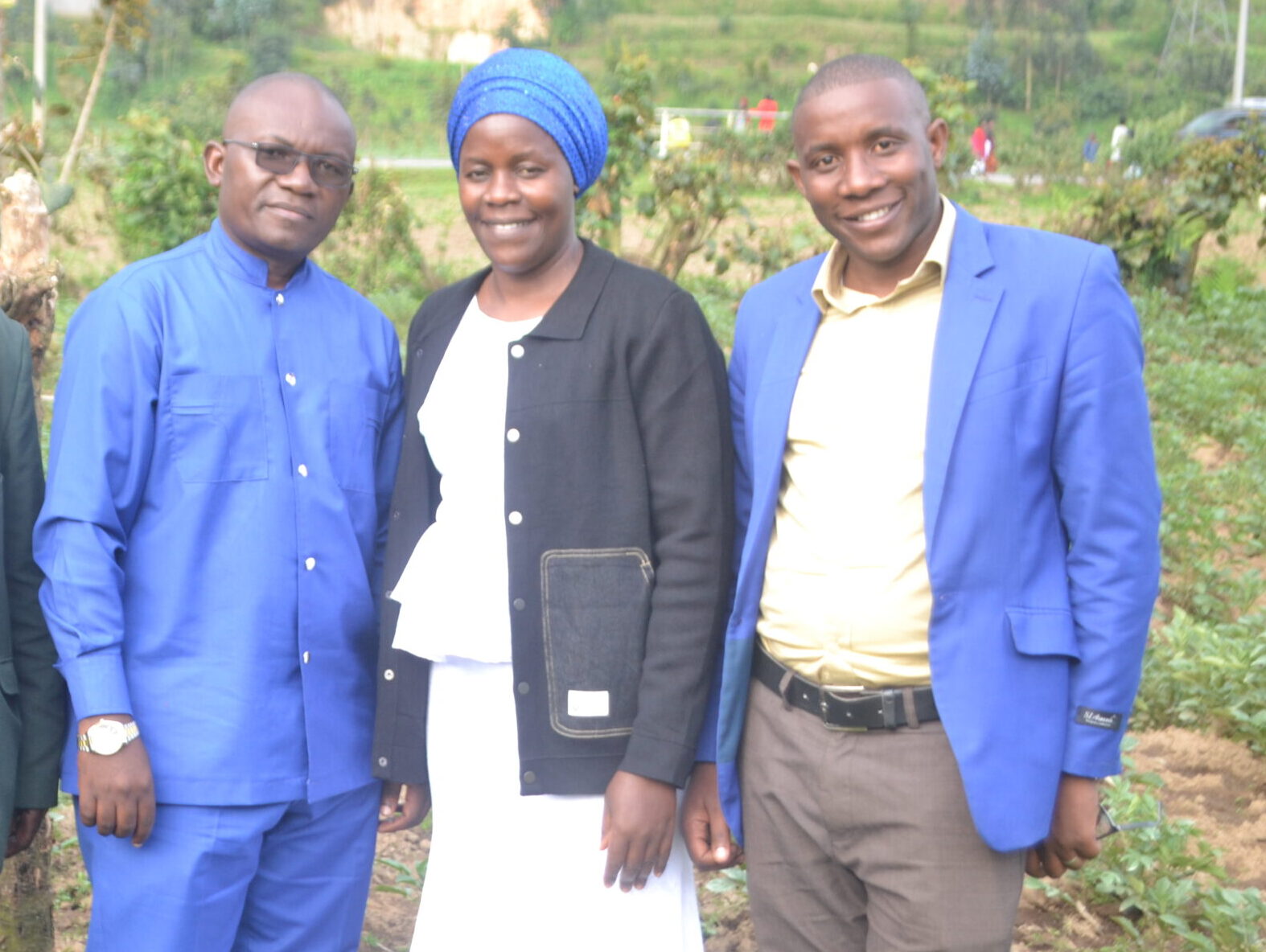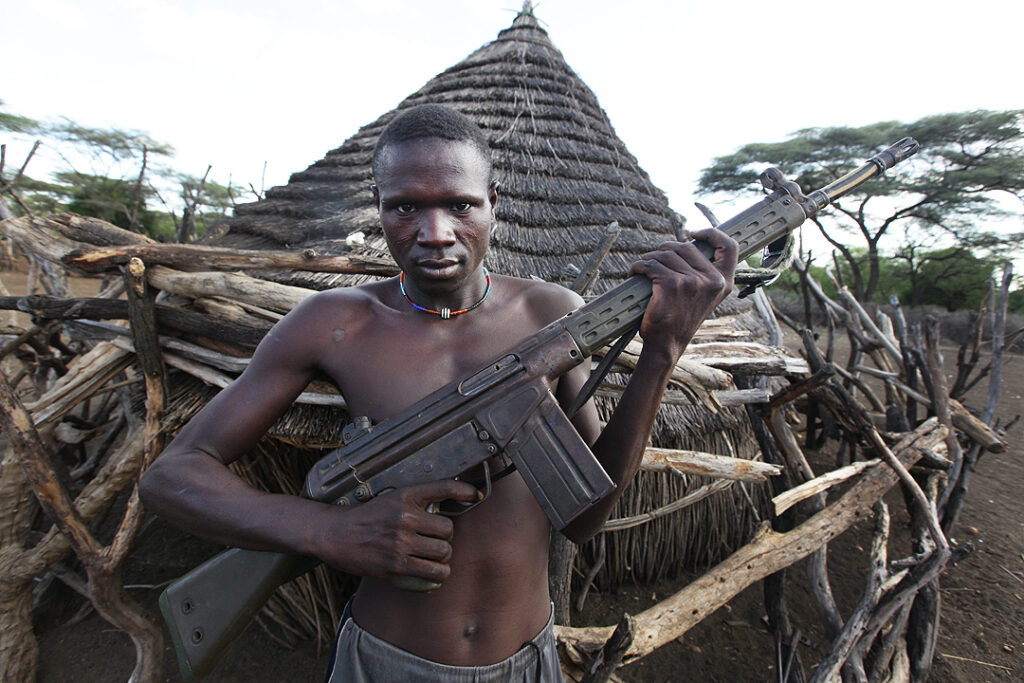
Daniel Deng Bol lives in Aweil, an isolated South Sudanese market town sitting astride the potholed dirt highway that connects Wau with the Sudan border. It takes Daniel several days of uncomfortable and dangerous travel south by bus to get to Juba, South Sudan’s capital city. But despite his remote location and the country’s desperately poor infrastructure, Daniel, and Saints Revival Committee, the para-church organisation he leads, are fast becoming one of APF’s most dynamic and enthusiastic partners. Daniel’s latest update paints a vivid picture of mission and ministry in the world’s youngest country, marked equally by encouraging achievements and formidable challenges.
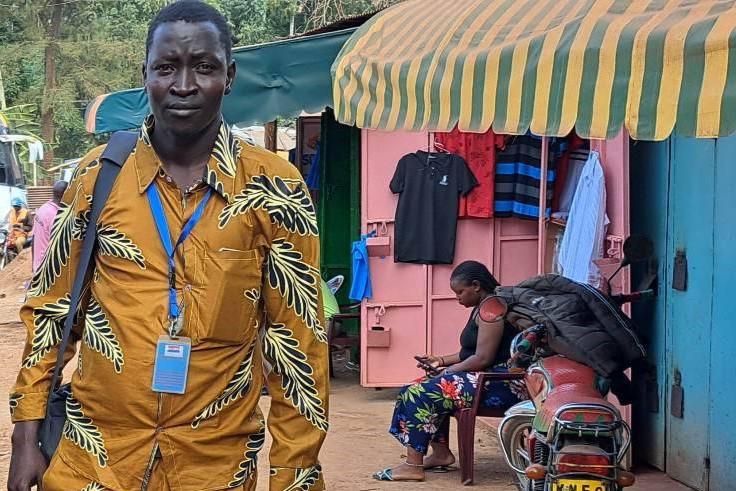
Daniel Deng Bol
Lately, we have held eVitabu conferences in many places: Bhar el Ghazal state, Aweil, Warrap, Wau, Rumbek and even some parts of the Equatoria region. At these events many Christian leaders, government members, NGO workers and teachers learnt about eVitabu.
Now, pastors and bishops are using the app as their main library, reading theological books, evangelism commentaries and leadership materials. Because of this, other NGOs, schools, groups, and individuals have asked to have their organisations included in the eVitabu app.
This training has really inspired many leaders and given new hope to pastors who have been serving, some for many years, without any formal training.
Another exciting outcome from the eVitabu conferences is that the Christian Theological Bible School based in Juba has decided to use books on the eVitabu app to help teach their leadership and theology courses. This decision came after one of their lecturers saw the resources available on the app and appreciated the work, committing the school to teach from eVitabu.
The spread of eVitabu in South Sudan is good news but I need to also report to APF supporters that at this time the general situation in my country is very tense. Many parts are experiencing rising conflict. This has badly affected many ministry activities, with churches burned by rebels and government bombardments happening. Because of this, gospel missions and conferences cannot always go smoothly.
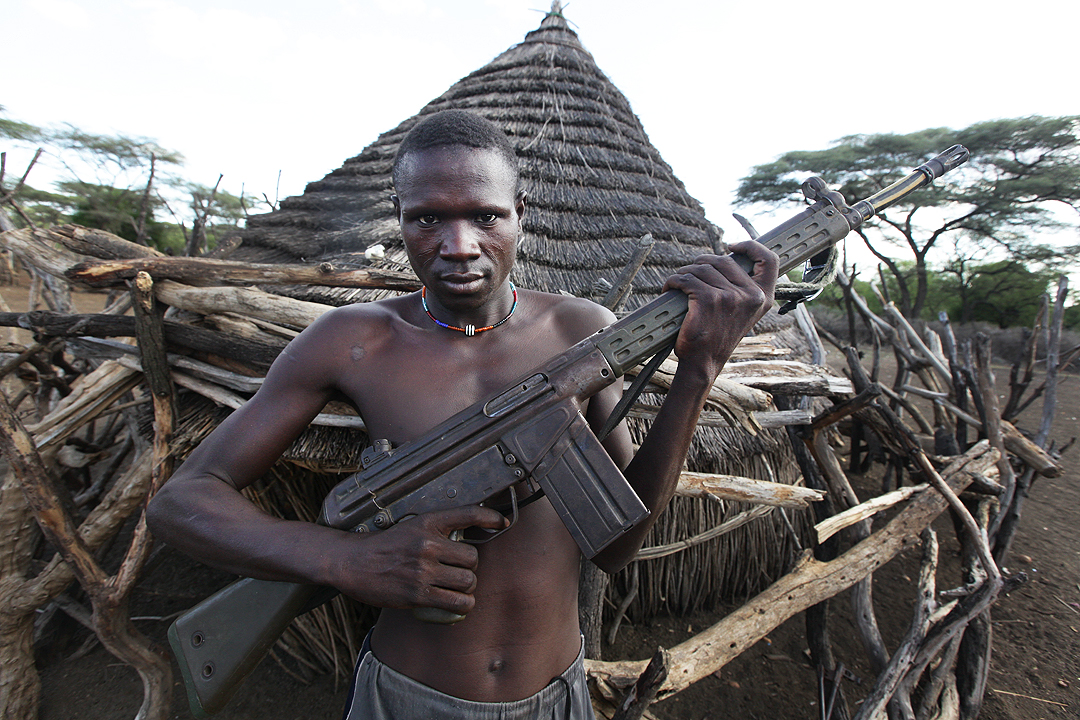
Young South Sudanese soldier
Attribution: CC BY-NC 2.0 Steve Evans
Meanwhile, I see several other new registrations being automatically approved on the eVitabu management system, but these new app users are from Christians living in Cameroon. As Victor is training on-campus in Kigali, Rossa Wanjiru, in Nairobi, Kenya, is delivering an online eVitabu induction for Baptist pastors in Cameroon.
Warrap state is one area that has seen many deaths due to fighting in the community. In the Upper Nile region, civilians faced a deadly attack by rebel groups allied with the Vice President. Children have been killed, and others died from diseases. There are even reports of chemical weapons being used against civilians.
Churches are being burned by rebels, and many pastors and evangelists are even now held as hostages in the bush. I am ashamed to report that many rapes are also being carried out by rebel groups.
Outbreaks of diseases like cholera and illnesses linked to malnutrition are big challenges for displaced people and host communities alike, especially affecting children, women and the elderly.
In recent weeks, this conflict has stopped our plans for two eVitabu conferences in Warrap state. We turned back on the road because it was too dangerous to continue.
We are asking all APF supporters to pray with us that God would bring lasting peace in South Sudan. We also ask for prayers for those who lost family members in this terrible situation. Some Christian members and their churches are being threatened, killed, tortured or held in the bush by rebel groups. We need to pray together for them so they are freed and reunited with their families.
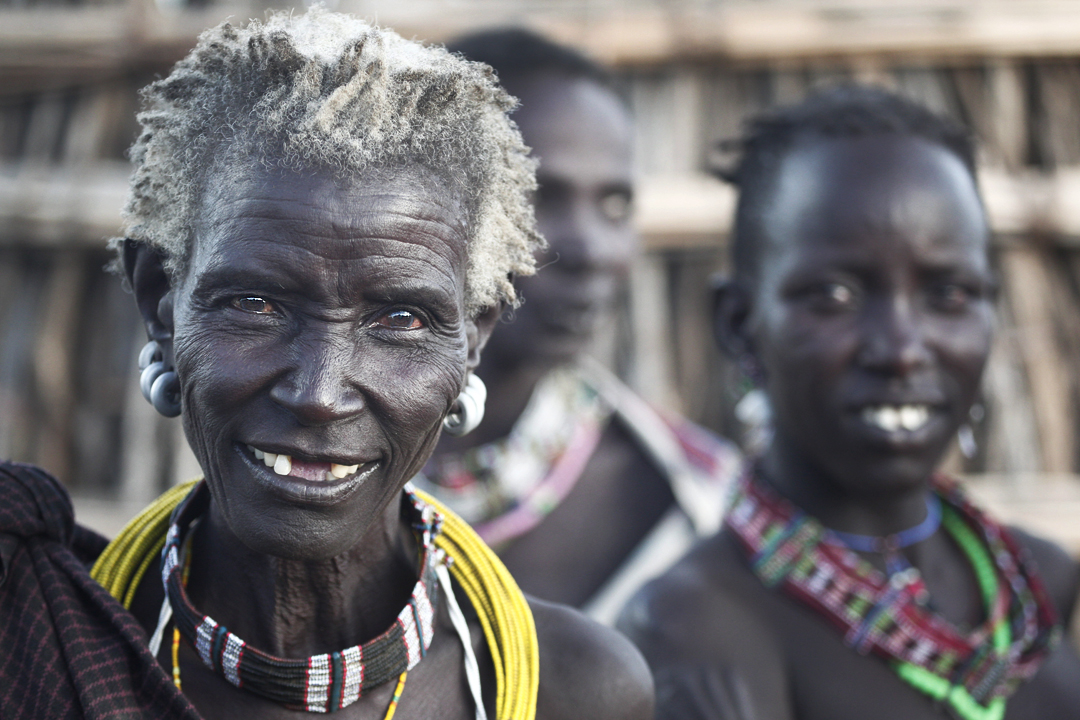
South Sudanese women
Attribution: CC BY-NC 2.0 Steve Evans
We would love to start a peace project, bringing Christian youth from all ten states for peace training and teaching about how peace helps communities meet their needs without fear. Strong missions are needed, especially in Upper Nile and Warrap, so people can hear that God’s way is one of peace not war.
Congregations with burnt-out churches especially need our support in these two regions. If village chiefs, youths, pastors and local authorities are trained together on peace, they can become peace ambassadors in their areas.
In South Sudan, we are asking partners and donors to keep supporting APF. Both the eVitabu app and APF Bible grants have truly changed many lives, especially now that Bibles are hard to find and very expensive – one copy can cost 60,000 South Sudanese pound (about £10).
Also, the APF bicycle grants are so helpful for pastors here. They use the bicycles to reach ministries far away and to help their families. Since 82% of people don’t have good transport or roads, bicycles are vital for pastors to do evangelism, get to farms and take people who are sick to the hospital. We really pray for continued partnership so we can keep sharing eVitabu and providing bicycles and Bibles.

